Por qué las marcas británicas siguen importando papel higiénico de bambú a pesar de fabricarlo localmente
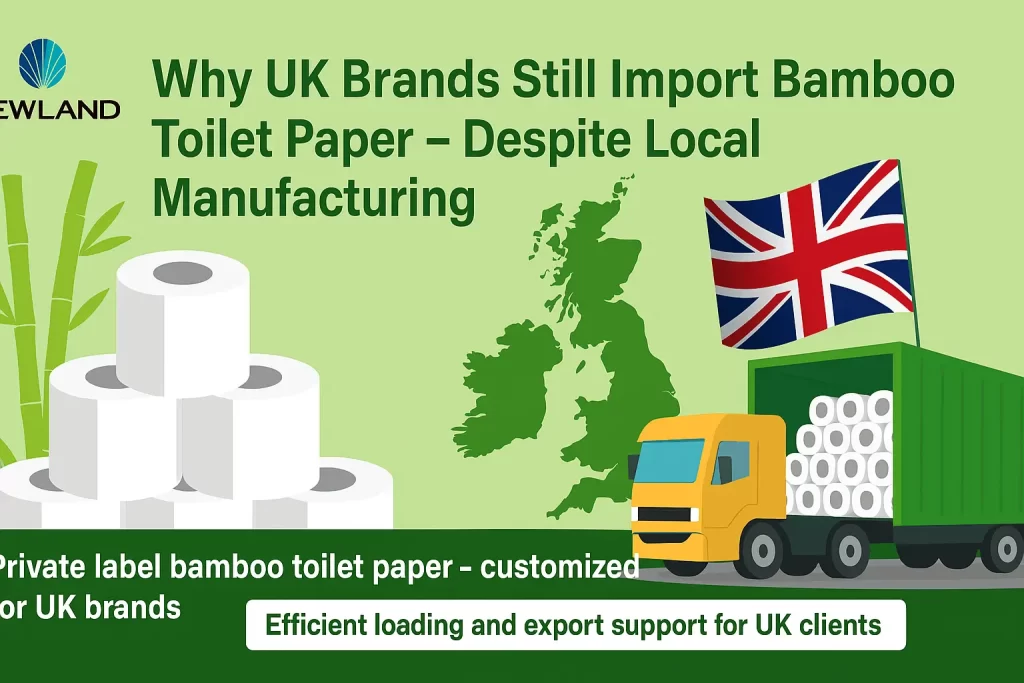
Aunque el Reino Unido produce la mayor parte de su propio papel higiénico, muchas marcas locales siguen dependiendo del papel higiénico de bambú importado. ¿Por qué? Porque la pulpa de bambú no se fabrica en el Reino Unido, y los proveedores extranjeros ofrecen mejores precios, personalización y certificaciones ecológicas.
Newland Bamboo en la Natural & Organic Products Expo 2025 del Reino Unido
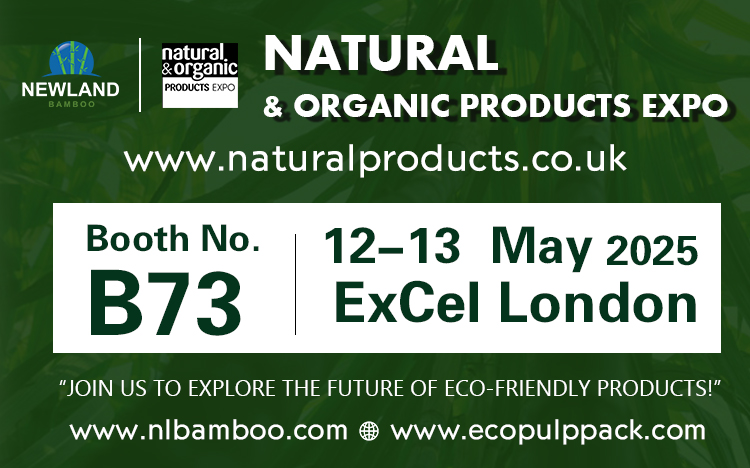
Newland Bamboo will showcase its sustainable bamboo tissue and bagasse tableware at the Natural & Organic Products Expo 2025 in London. Visit Booth B73 on May 12–13 to explore eco-friendly OEM solutions for global buyers.
La escasez de papel reciclado destaca el papel higiénico de bambú como alternativa sostenible
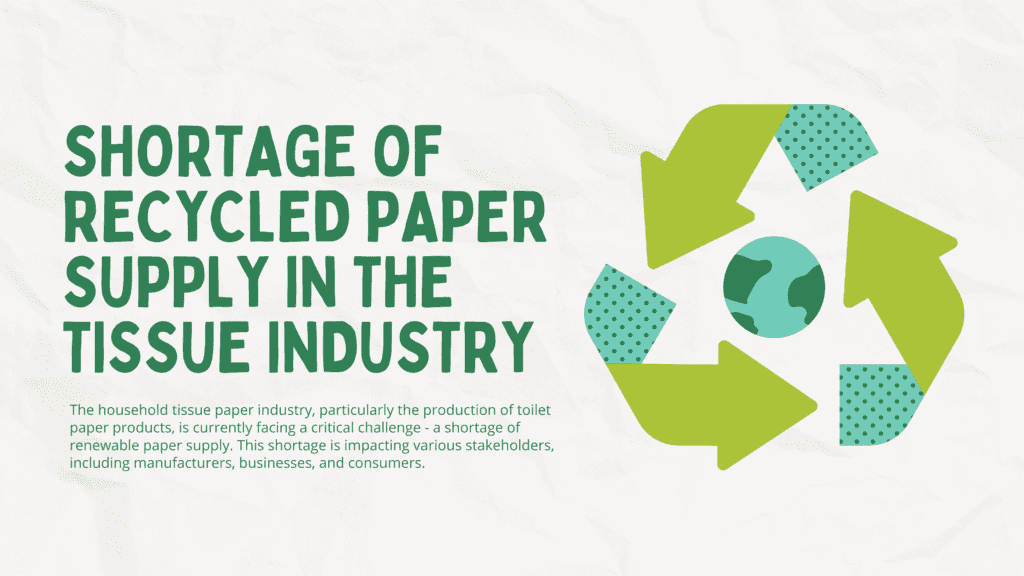
Descubra cómo el papel higiénico de bambú se perfila como una solución sostenible en medio de la escasez mundial de materiales de papel tisú reciclado. Newland Bamboo ofrece opciones de papel personalizables y ecológicas para marcas concienciadas.
La etiqueta FSC en el papel higiénico de bambú: Una opción ecológica para su empresa
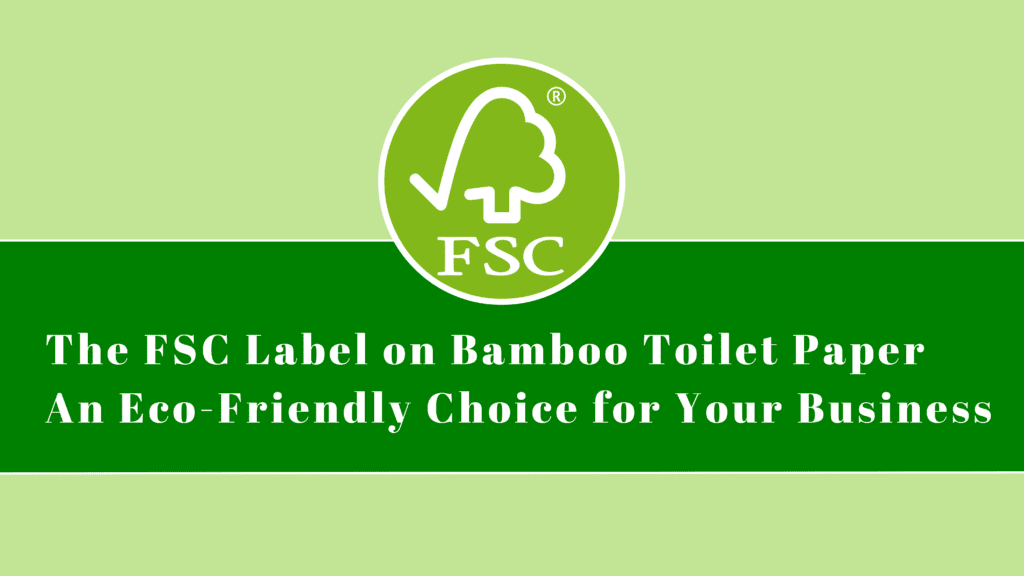
En conclusión, la certificación FSC es un punto de referencia crucial en la industria del papel tisú doméstico. Al ofrecer productos con certificación FSC, su negocio de papel tisú puede alinearse con las tendencias ecológicas mundiales, atraer a clientes concienciados con el medio ambiente y tener un impacto positivo en el entorno.
Lo que debe saber sobre los PFAS y el papel higiénico
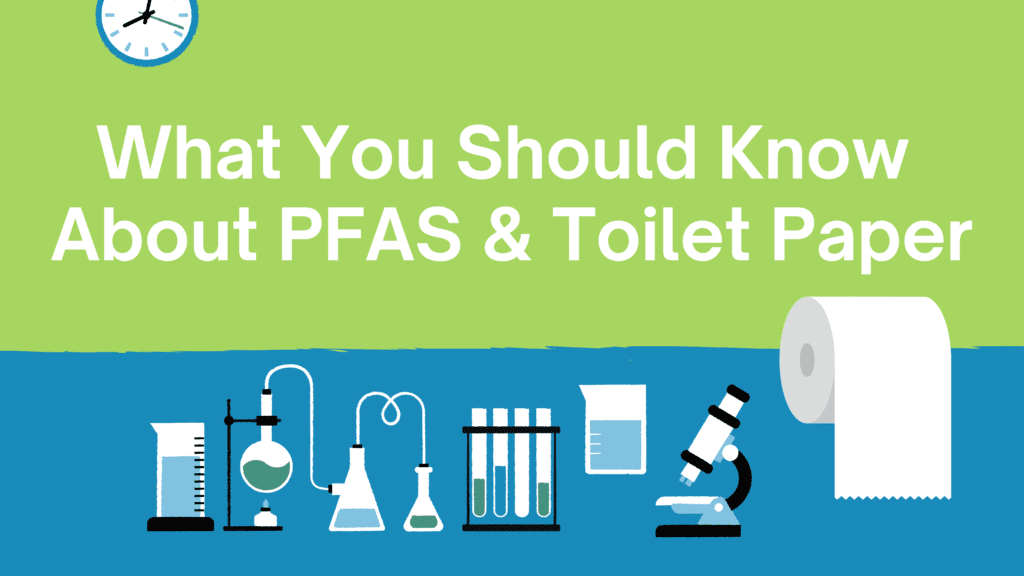
Como fabricante responsable de papel tisú de bambú para el hogar, comprendemos la preocupación que suscita la presencia de PFAS en los productos cotidianos.
Why Do Pandas Eat Bamboo? A Deep Dive Into Their Diet, Evolution, and Ecological Role
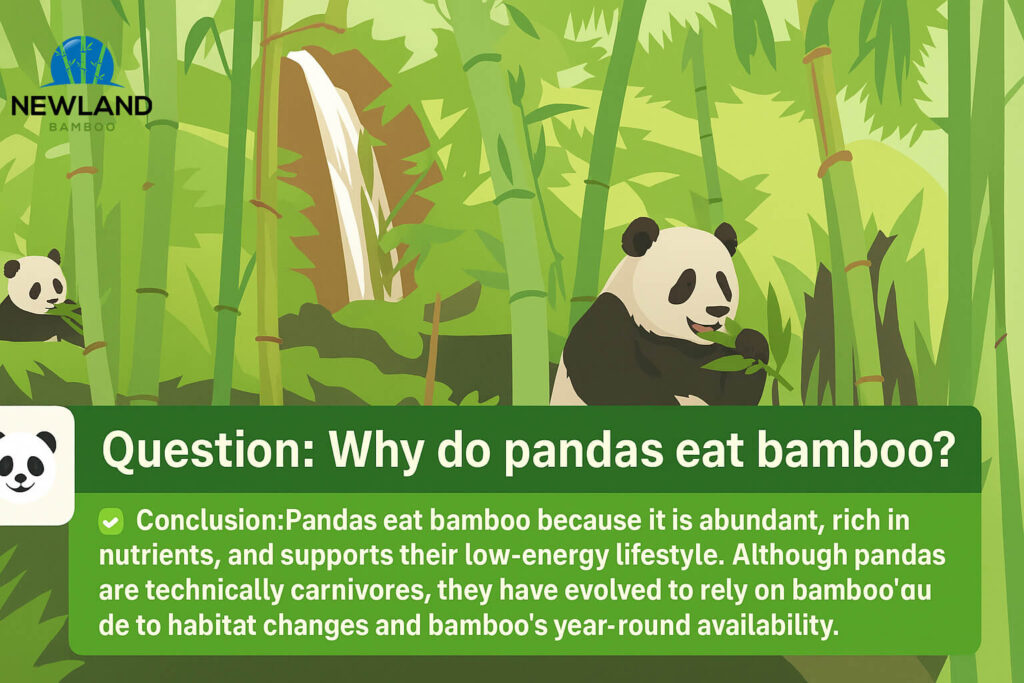
Pandas rely on bamboo for up to 99% of their diet — not just by choice, but by evolutionary design. This article explores why bamboo is the perfect year-round food source for pandas, how it supports their low-energy lifestyle, and whether commercial bamboo use affects their survival.
Exposición Mundial del Tejido 2023 con Newland Bamboo
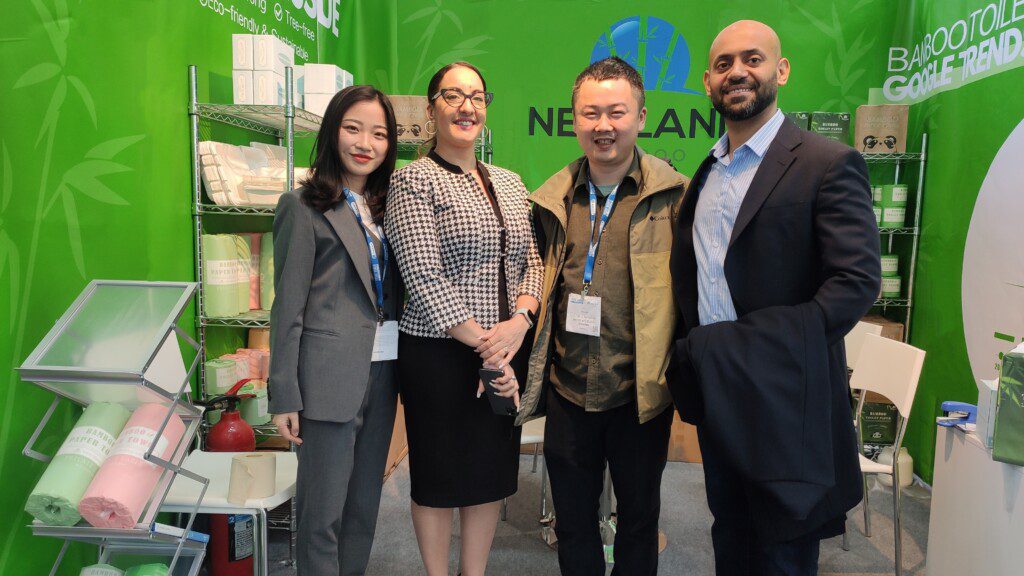
We are delighted to announce the success of the highly anticipated World Tissue Exhibition that was held in Germany in 2023. With a common goal of exploring the latest trends in the paper towel industry, we had the opportunity to connect with like-minded professionals and expand our network globally. The exhibition has been a great […]
¿Es sostenible el bambú?
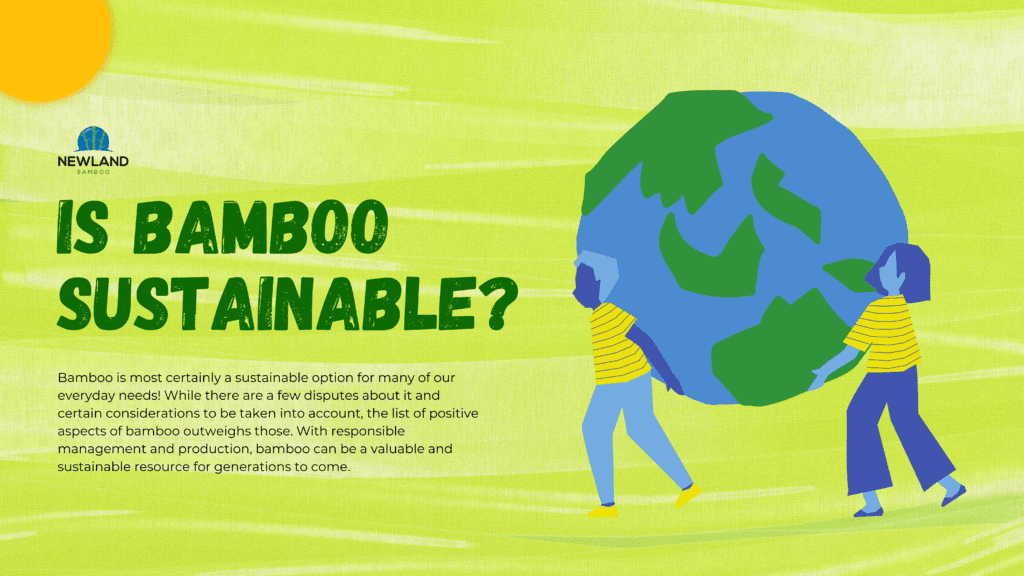
In recent years, bamboo has captured the attention of many sustainability enthusiasts and eco-conscious consumers. This versatile plant offers an array of benefits, ranging from its ability to grow quickly to its potential to replace materials that harm the environment. Despite these positive traits, however, some remain skeptical about whether bamboo is truly sustainable.
So, is bamboo sustainable? Yes! Undoubtedly, bamboo is a sustainable resource – a fact that cannot be denied.
Our blog post will explore this topic in depth, covering everything from the characteristics of the plant to the intricacies of its supply chain, to shed light on whether bamboo is a genuinely sustainable option.
¿Es el bambú un árbol o una hierba? Comprender su identidad botánica
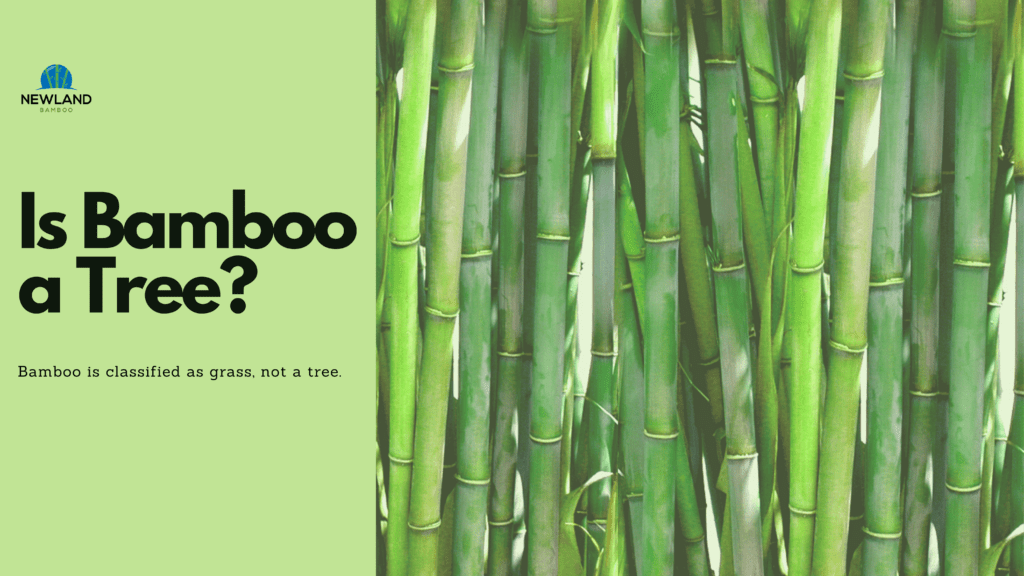
El bambú se ha utilizado durante miles de años para diversos fines, como material de construcción, fuente de alimento y con fines medicinales. El bambú es conocido por su rápido crecimiento y su capacidad para renovarse rápidamente. A pesar de su uso generalizado, existe confusión sobre si el bambú es un árbol o no. En esta entrada del blog, exploraremos la clasificación botánica del bambú y responderemos a la pregunta de una vez por todas, ¿es el bambú un árbol?
